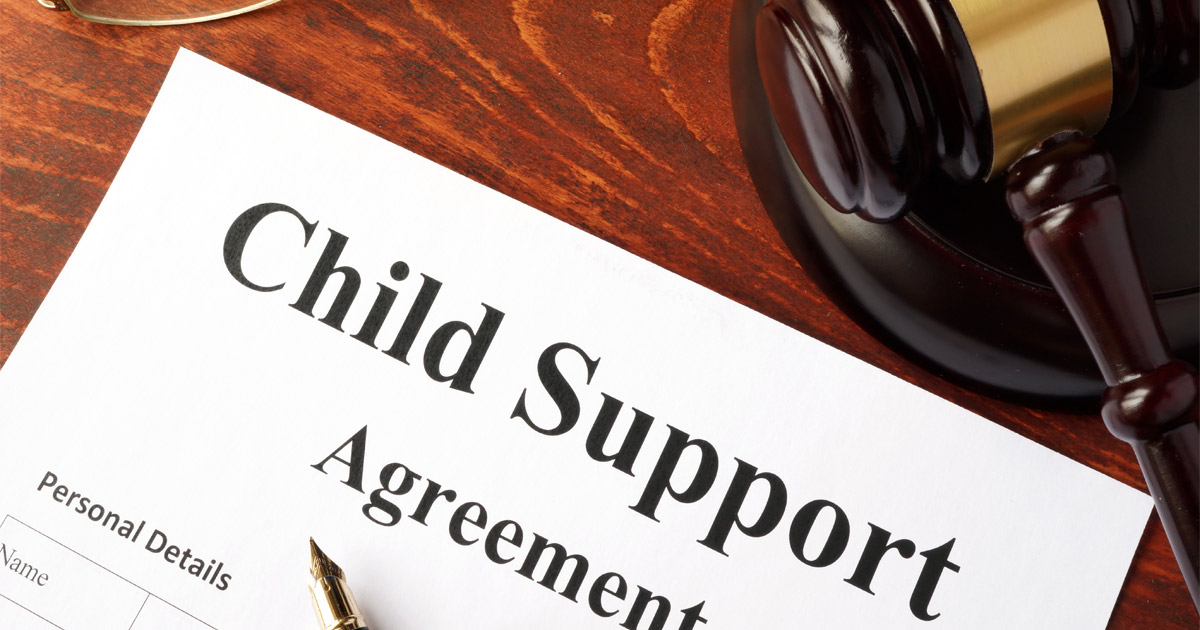Paying child support is a key aspect of divorce. Not only is it legally mandated in most situations, but it also keeps the children enjoying some normalcy and consistency while maintaining strong relationships with their parents. As a function of a divorce agreement, child support must be tracked to verify consistent payments of the correct amounts. Failure to do so can lead to penalties, interest charges, and even jail time.
To facilitate child support payments, New Jersey offers wage withholdings that directly funnel money from paychecks or benefits payments. The recipient then gets the money in a bank account or on a state-issued debit card. However, some parents may not get paid through checks or may not use traditional banking methods. Other parents might want to spend money on clothes, food, school supplies, and gifts to meet obligations. However, gifts and cash are difficult to track and they are not recommended as alternatives to direct payments.
Cash payments present a variety of issues for the paying parent. The recipient can argue that the money was not for the satisfaction of owed support but for something else. Amounts can be underreported or denied as received. Also, there is no guarantee the money will be spent on the child.
How Does New Jersey Determine Amounts of Child Support Payments?
The state calculates child support payments based on reported income. Payments must be accurately reported and verified. Failure to report can mean adjusted payments, which can mean large amounts will be owed in a short time.
The state can also determine if a parent is unemployed or underemployed to avoid making fair payments. A without just-cause ruling of an employment situation can mean the state determines how much a parent could make, given a few factors, and then adjust the amount based upon that amount.
Workers who are paid in cash or who are in gratuity-based positions may not have easily trackable wages, and their income will be factored into support payments. The state will verify earnings through bank records, purchase history, or other methods to determine how much is collected and can be factored into payments. The other parent can also hire an expert to speak about how much workers make in that career field to help determine amounts.
What are Solutions for Parents Who are Paid in Cash?
For those who work in a cash-paying industry, an electronic payment method might work best. Payments made electronically can easily be tracked and compiled for future reference. Accounts usually have payment histories that can be submitted to authorities to verify payments. The payer can make notation of the reason for payment, which is easier to support in legal arguments.
Arrangements that do not involve direct payments through wage withholdings should involve rigorous record keeping, especially by the paying parent. Checks are encouraged payment methods since they are easier to track and record. If one is using an online payment method, they should keep records on a separate platform or even write them down. Email notifications should also be starred or stored separately so they are not accidentally deleted. Buying gifts or other goods are harder to track and verify, even if receipts are kept. If one needs help with tracking or receiving child support payments, they should speak to a lawyer.
Moorestown Child Support Lawyers at Stockton Family Law Help Clients Receive Necessary Child Support Payments
It is important to have a way to track child support payments. If you need help with a payment method or you feel you are not getting paid enough child support, a Moorestown child support lawyer at Stockton Family Law can help you with your case. Call us at 856-412-5052 or contact us online for an initial consultation. Located in Moorestown, New Jersey, we serve clients throughout South Jersey, including Mount Laurel, Burlington County, and Camden County.






